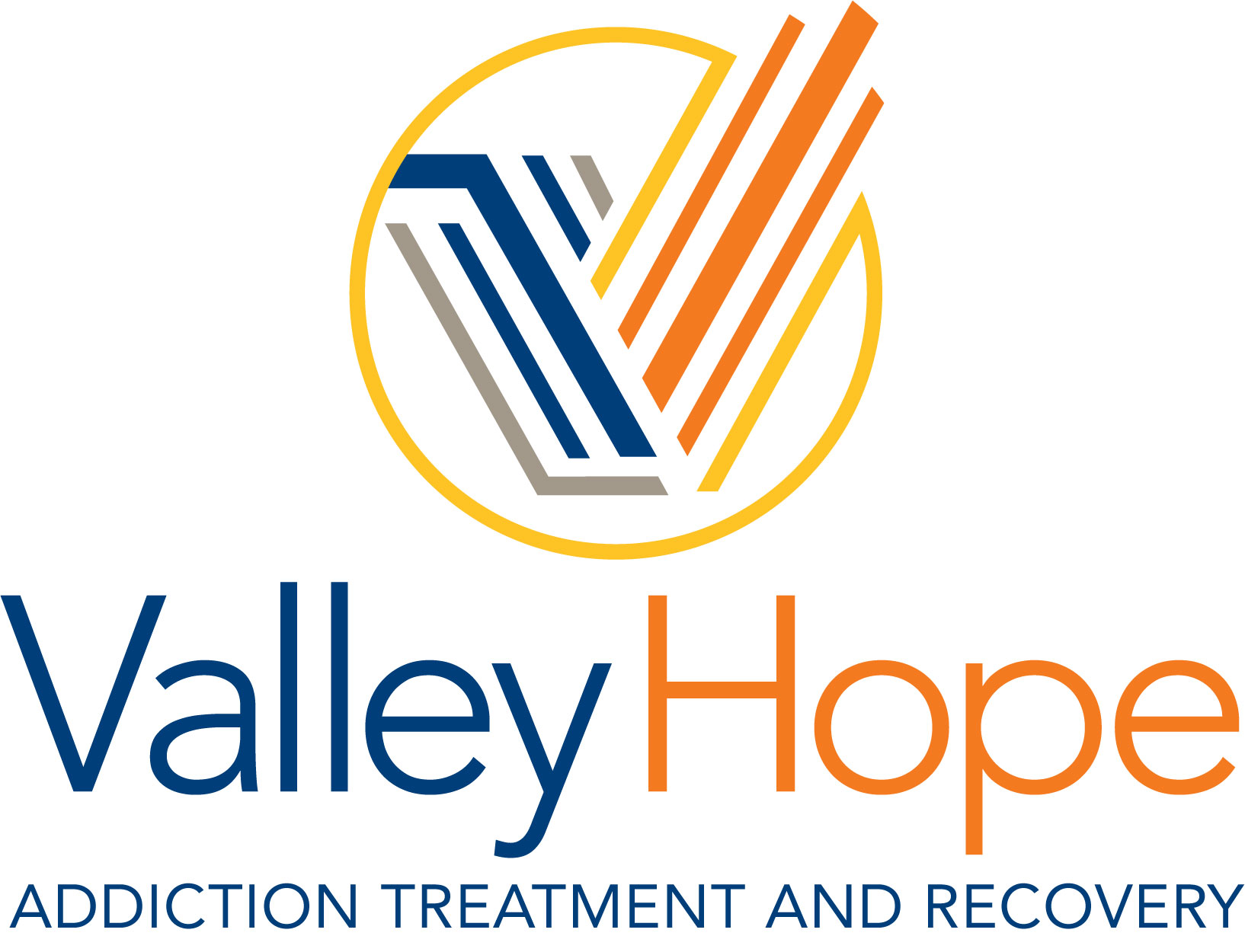When Does Drinking Become a Problem?
Do you ever wonder if your drinking has become a problem? While social drinking is a regular part of many people’s lives, it’s essential to be aware when it becomes a serious concern.
Alcohol use disorder (AUD), or alcoholism, is a chronic medical condition characterized by the inability to control or limit one’s alcohol consumption despite negative consequences.
Symptoms of Alcohol Dependence
If you’re concerned about your own or a loved one’s drinking habits, there are warning signs that drinking has become a problem. According to National Institute on Alcohol Abuse and Alcoholism (NIAAA), here are a few signs to look out for:
- Alcohol is often taken in larger amounts or over a longer period than was intended.
- There is a persistent desire or unsuccessful efforts to cut down or control alcohol use.
- A great deal of time is spent on activities necessary to obtain alcohol, use alcohol, or recover from its effects.
- Craving, or a strong desire or urge to use alcohol.
- Recurrent alcohol use results in a failure to fulfill major role obligations at work, school, or home.
Alcohol addiction can be described as a three-stage cycle used to explain how changes in the brain relate to AUD. According to the experts at NIAAA, these are:
- First stage: Binge/intoxication stage, the brain starts associating drinking with pleasure and reward. Over time, this can make it harder to resist the urge to drink.
- Second stage: Withdrawal/negative affect stage, this is when people start to feel anxious or irritable when they’re not drinking. They might even feel like they need alcohol to feel better emotionally.
- Third stage: Preoccupation/anticipation stage, this is when people start to struggle with things like decision-making and self-control. It can make it harder to quit drinking, even if you want to.
Evaluate Your Relationship with Alcohol
Denial is common regarding alcohol abuse, but taking a step back and being honest with yourself about your drinking is important. If you are feeling unsure or overwhelmed, talking with someone who’s been through something similar can be helpful.
What Does Alcoholism Treatment Involve?
If you suspect your drinking has become a problem, getting an assessment for medical detoxification is important. Alcoholism is on the more serious end of the withdrawal scale, and simple willpower will not be enough to manage the process safely. Alcohol detox programs closely monitor withdrawal symptoms, prescribe medications to mitigate seizure risks, and ensure the detox process is safe and comfortable.
Beyond the usual symptoms, detox from alcohol abuse naturally causes anxiety and, without proper care, life-threatening seizures. Because of these risks, alcohol users must undergo a residential detox program like Valley Hope, providing 24-hour therapeutic care in a safe, caring environment.
Recovering From Alcohol Use Disorder
If your professional assessment recommends alcoholism treatment, remember that recovery is possible and achievable. Valley Hope offers a continuum of care that helps you through every step of your recovery, including detox, residential and outpatient treatment services, family counseling, and continuing care. Our approach is grounded in 12 Step philosophy that encourages you to take responsibility for your recovery and treatment. The Valley Hope experience is unique in its genuine, compassionate care style, a method that has helped tens of thousands of people find successful recovery over the last 50 years.
If you need help immediately, the Valley Hope team is available 24/7 at (800) 544-5101 or find an alcohol rehab location near you. If you or a loved one are ready to stop drinking, begin your journey to a healthy, happy life in recovery today.










